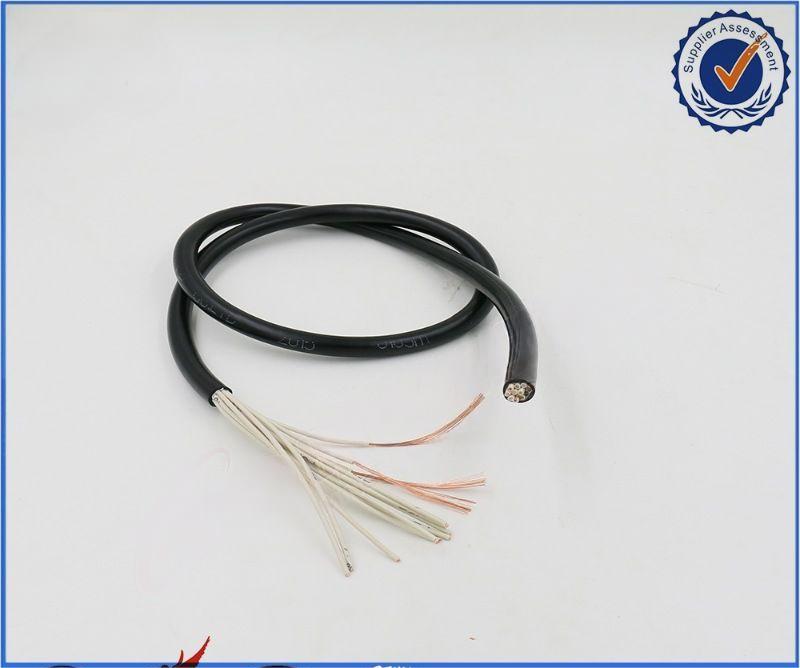Dec . 23, 2024 21:28 Back to list
Metal-Seated Gate Valve Applications and Benefits in Industrial Systems
Understanding Metal Seat Gate Valves A Comprehensive Overview
Metal seat gate valves are essential components in various industrial applications, serving as precise control mechanisms for fluid flow. These valves are known for their robust construction and reliable performance, making them a preferred choice in sectors such as oil and gas, water treatment, chemical processing, and power generation. In this article, we will explore the fundamental aspects of metal seat gate valves, their advantages, applications, and maintenance considerations.
What is a Metal Seat Gate Valve?
A metal seat gate valve is a type of valve that utilizes a gate-like mechanism to control the flow of fluid. Unlike other valve types such as globe or butterfly valves, which modulate flow based on varying degrees of opening, gate valves are designed to provide a full and unobstructed flow path when fully opened. Their name derives from the wedge-shaped gate that fits between two metal seats within the valve body. When the valve is opened, the gate is lifted above the seats, allowing for maximum flow with minimal turbulence.
Advantages of Metal Seat Gate Valves
1. Durability and Longevity Metal seat gate valves are known for their durability, especially when constructed from high-quality metals like stainless steel or brass. This makes them suitable for high-pressure and high-temperature applications, where other types of valves might fail.
2. Minimal Flow Resistance When fully open, gate valves offer little to no resistance to fluid flow, making them ideal for applications requiring large volumes of fluid to pass through.
3. Sealing Capability The metal-to-metal seating surface provides a reliable seal, ensuring that there are no leakages in critical applications. This feature is particularly important in industries like oil and gas, where leaks can lead to severe environmental hazards and safety issues.
4. Versatility Metal seat gate valves can be used in a variety of media, including liquids, gases, and even certain slurries, making them a versatile choice for many processes.
Applications of Metal Seat Gate Valves
Metal seat gate valves are utilized across various industries due to their unique characteristics. Some common applications include
- Oil and Gas Used extensively in pipeline systems to control the flow of crude oil and natural gas. Their ability to handle high pressure and extreme temperatures makes them suitable for upstream and downstream processes.
metal seat gate valve

- Water Supply and Wastewater Treatment They are employed in municipal water systems and wastewater facilities to regulate flow and ensure the efficient operation of pumps and treatment systems.
- Power Generation In power plants, these valves are vital for controlling steam and water flows in boilers and turbines, contributing to the efficient generation of electricity.
- Chemical Processing The robustness and sealing capabilities of metal seat gate valves make them ideal for applications involving corrosive chemicals, where leakage could result in hazardous conditions.
Maintenance Considerations
While metal seat gate valves are durable, proper maintenance is essential to ensure their longevity and performance. Here are a few maintenance tips
1. Regular Inspections Regular visual inspections can help identify any signs of wear or potential leakage. This allows for proactive measures to be taken before a complete failure occurs.
2. Lubrication Keeping the valve's operating mechanism lubricated is crucial to prevent sticking and ensure smooth operation. The lubrication schedule should be based on the valve's usage and the operating environment.
3. Sealing Surface Checks Periodically check the seating surfaces for signs of wear. If the sealing surfaces are damaged, the valve may not seal properly, leading to unwanted leaks.
4. Operational Testing Regularly exercise the valve by opening and closing it to ensure it functions correctly. This practice helps in preventing valve seizure and ensuring the integrity of the sealing surfaces.
Conclusion
Metal seat gate valves hold a significant position in industrial fluid control applications. Their durability, reliability, and ability to handle high pressures and temperatures make them invaluable in various critical sectors. By understanding their advantages, applications, and the importance of regular maintenance, industries can maximize the performance and lifespan of these essential components, ensuring safe and efficient operations. As industrial processes continue to evolve, the role of metal seat gate valves remains vital in meeting the growing demands for efficiency and safety in fluid management.
Share